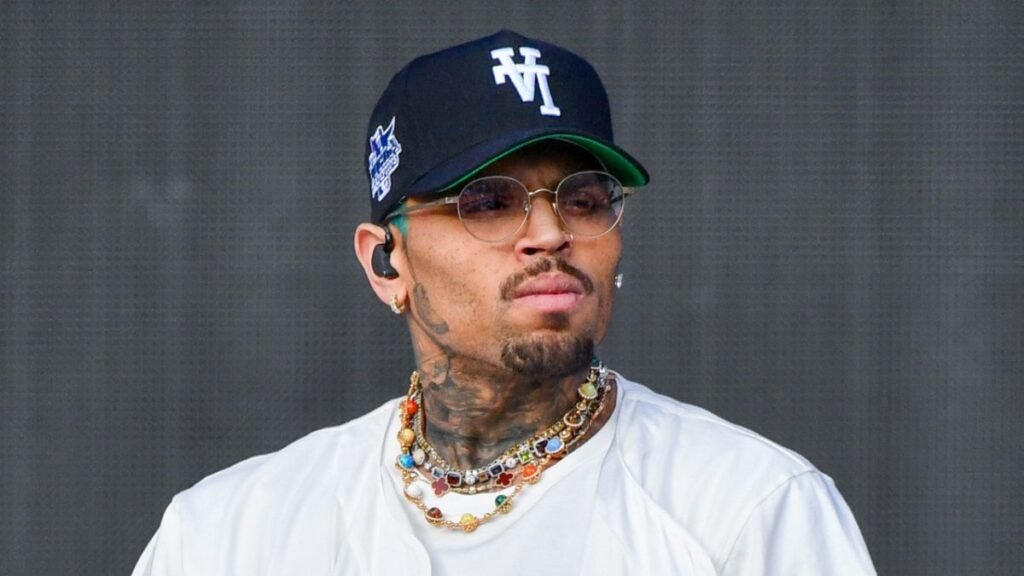Chris Brown’s upcoming concert in South Africa has reignited concerns about the country’s alarming levels of gender-based violence (GBV), with activists criticizing the decision to host the singer given his history of abuse.
The Grammy-winning artist quickly sold out tickets for a December show at Johannesburg’s FNB Stadium, the largest in Africa with a 94,000-seat capacity.
Due to overwhelming demand, a second date was added.
Despite the excitement among fans, many are opposed to his performance due to his violent past.
Sabina Walter, executive director of Women for Change, a South African organization advocating for women’s and children’s rights, expressed disappointment.
“When I heard that Chris Brown was coming to South Africa, I was shocked and deeply disappointed,” she said.
The group launched a petition, which has garnered over 20,000 signatures, aiming to stop Brown from performing.
Walter emphasized that the protest sends a clear message: “We will not tolerate the celebration of individuals with a history of violence against women,” particularly in a country like South Africa, where GBV is at crisis levels.
South Africa ranks among the countries with the highest rates of femicide and sexual violence, with a rape reported approximately every 12 minutes—many more likely go unreported. Walter believes hosting Brown sends a damaging message.
“When someone like Chris Brown is given a platform in a country where GBV is rampant, it signals that fame and power outweigh accountability,” she said.
Brown’s most infamous incident of abuse occurred in 2009 when he assaulted then-girlfriend Rihanna.
He pleaded guilty and was sentenced to probation, community service, and domestic violence counseling.
Though Rihanna later forgave him, and they briefly reunited, Brown has since faced further allegations of violence against women and men.
Women for Change is also questioning how South Africa’s Department of Home Affairs could issue a visa to “a convicted abuser.”
Walter called the decision “concerning and indicative of a systemic failure,” given that South African law allows for visa denials based on criminal records, though exceptions can be made for “good cause.”
While Brown has been banned from countries like the UK, Australia, Canada, and New Zealand in the past, his South African fans remain unfazed.
Among them is former University of Cape Town Vice-Chancellor Prof Mamokgethi Phakeng, who announced on social media that she plans to attend Brown’s concert.
She emphasized that supporting the concert does not undermine her opposition to GBV.
“These two things are not mutually exclusive,” she stated, arguing that enjoying music does not mean endorsing the artist’s past actions.
While Brown’s concert has stirred significant excitement among fans, the backlash from activists has led to fierce debate.
Sabina Walter and her organization continue to face criticism and even threats for their campaign against the singer.
“Supporters of Chris Brown seem ready to defend him at any cost,” Walter said, noting that this highlights a societal disconnect in addressing violence against women.
Walter warned that “selective outrage” over abusive behavior, particularly toward celebrities, perpetuates rape culture and the high levels of violence that women endure in South Africa.
The country’s president, Cyril Ramaphosa, has acknowledged the urgent need to tackle GBV and recently called on men to take a stand.
Yet, despite numerous efforts, little has changed since his call to action five years ago.
Also read: Drake Hogestyn Passes Away At 70, Cause Of Death Revealed
